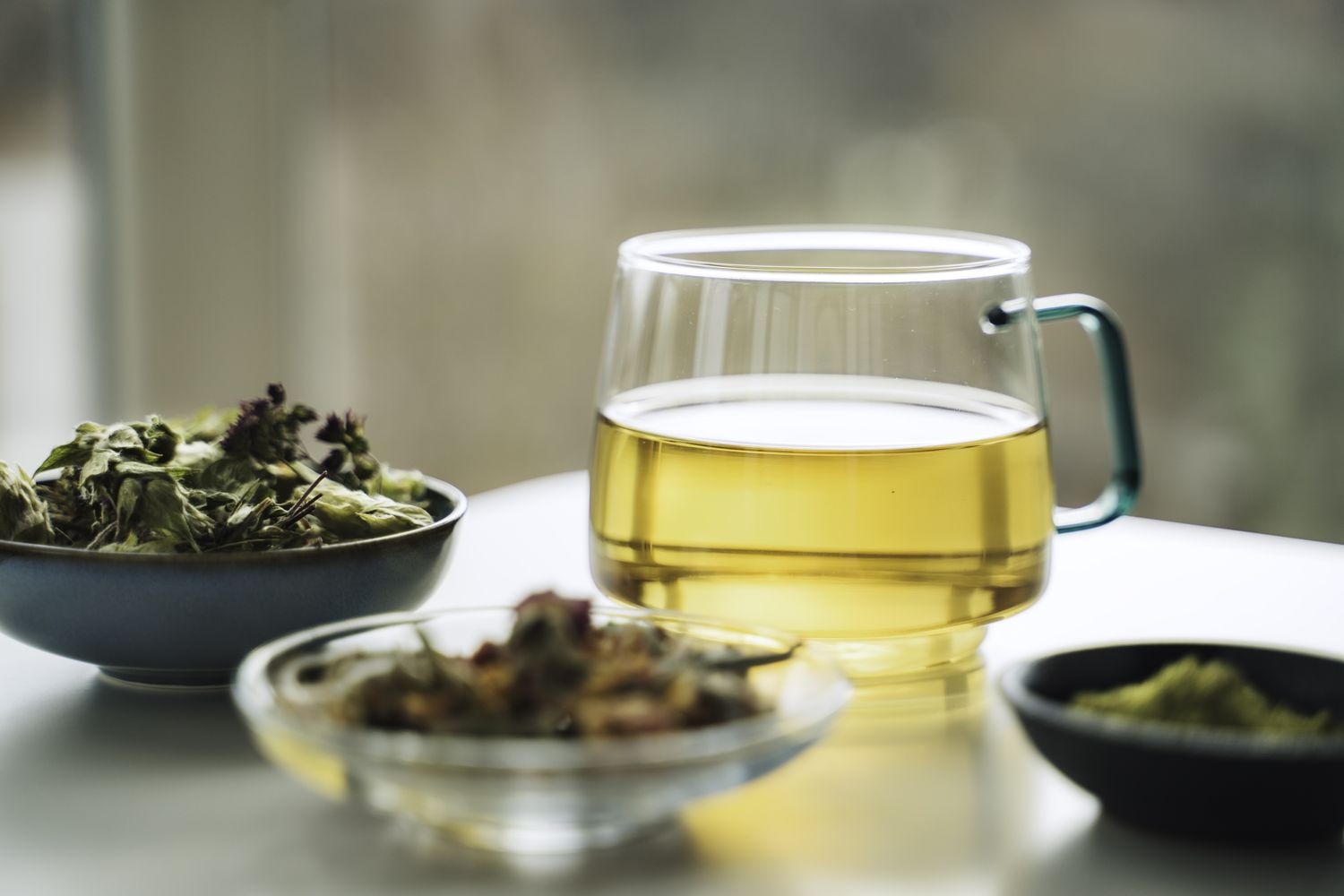Key Takeaways
A green tea antioxidant called EGCG combined with vitamin B3 restored energy levels and reduced Alzheimer’s-related protein buildup in mouse brain cells.Oral supplements of vitamin B3 are unlikely to provide the same brain benefits because B3 breaks down in the gut before reaching the brain.Diets rich in vitamin B3 and other nutrients, like the MIND diet, may help lower Alzheimer’s disease risk.
A new animal study suggests that a treatment combining a green tea antioxidant with nicotinamide, a form of vitamin B3, may help rejuvenate aging brain cells and clear protein plaques tied to Alzheimer’s disease.
Previous research in humans has also linked green tea and vitamin B3 from food sources to better cognitive health.
What Did the Study Find?
The new study, published in the journal GeroScience, found that a combination of epigallocatechin gallate (EGCG), a green tea antioxidant, with nicotinamide (vitamin B3) helped restore guanosine triphosphate (GTP) in mouse brain cells.
GTP, an energy compound, naturally declines with age, and low levels have been linked with Alzheimer’s disease.
After just 24 hours of treatment with the EGCG and B3 stack, GTP levels in mouse brain cells resembled those of younger cells. Restored GTP levels helped reduce oxidative stress and remove harmful clumps of amyloid proteins that can contribute to Alzheimer’s.
While the findings are promising, it’s too early to recommend green tea and vitamin B3 supplements for brain health.
Why EGCG and B3 Supplements Won’t Improve Brain Cells
Taking oral EGCG and vitamin B3 supplements likely won’t improve cognitive function or treat Alzheimer’s.
Gregory J. Brewer, PhD, lead author of the new study and a professor of biomedical engineering at the University of California, Irvine, had found that oral B3 supplements were ineffective against early Alzheimer’s in a recent trial.
He explained that vitamin B3 gets destroyed by the gut bacteria before it can reach the brain. More testing is needed, but researchers could eventually develop a more effective administration option with a patch, nasal medication, or an under-the-tongue supplement.
What About Just Drinking Green Tea?
Some research suggests that green tea may help boost memory, reduce anxiety, lower blood pressure, and prevent dementia. This beverage has antioxidant, anti-inflammatory, and neuroprotective benefits.
A recent observational study with 8,766 adults without dementia found an association between regular green tea consumption and lower cerebral white matter lesions, which have been linked to cognitive decline and Alzheimer’s disease. Drinking coffee did not offer the same benefits.
However, Brewer said green tea alone won’t provide the benefits seen in his research because you need both green tea and nicotinamide to boost the energy supply.
“To keep neurons alive and functional for your memory purposes, that requires a lot of energy, so we need both the protection and the energy supply to stay healthy,” he added.
Can Diet Make a Difference?
Research has shown an association between dietary vitamin B3 and cognitive function. Instead of focusing on this one nutrient, however, it’s better to adopt dietary patterns that may help lower the risk of Alzheimer’s disease, according to Vanessa King, MS, a registered dietitian nutritionist and spokesperson for the Academy of Nutrition and Dietetics.
The MIND diet, for example, was developed specifically to help lower Alzheimer’s disease risk. This eating pattern includes leafy green vegetables, berries, whole grains, nuts, seeds, beans, seafood, poultry, and extra virgin olive oil. Many of these are good sources of vitamin B3.
Verywell Health uses only high-quality sources, including peer-reviewed studies, to support the facts within our articles. Read our editorial process to learn more about how we fact-check and keep our content accurate, reliable, and trustworthy.
Santana RA, McWhirt JM, Brewer GJ. Treatment of age-related decreases in GTP levels restores endocytosis and autophagy. GeroScience. 2025. doi:10.1007/s11357-025-01786-4
Shibata S, Noguchi-Shinohara M, Shima A, et al. Green tea consumption and cerebral white matter lesions in community-dwelling older adults without dementia. NPJ Sci Food. 2025;9(1):2. doi:10.1038/s41538-024-00364-w
UC Irvine. UC Irvine researchers find combination of natural compounds for brain cleaning.
Ketron GL, Grun F, Grill JD, Feldman HH, Rissman RA, Brewer GJ. Pharmacokinetic and pharmacodynamic assessment of oral nicotinamide in the NEAT clinical trial for early Alzheimer’s disease. Alz Res Therapy. 2025;17(1):59. doi:10.1186/s13195-025-01693-y
Zhang R, Zhang L, Li Z, et al. Green tea improves cognitive function through reducing AD-pathology and improving anti-oxidative stress capacity in Chinese middle-aged and elderly people. Front Aging Neurosci. 2022;14:919766. doi:10.3389/fnagi.2022.919766
Shen X, Yang L, Liu YY, Jiang L, Huang JF. Association between dietary niacin intake and cognitive function in the elderly: evidence from NHANES 2011–2014. Food Sci Nutr. 2023;11(8):4651-4664. doi:10.1002/fsn3.3428
Academy of Dietetics and Nutrition. What is the MIND diet?

Thanks for your feedback!
What is your feedback?
Helpful
Report an Error
Other

